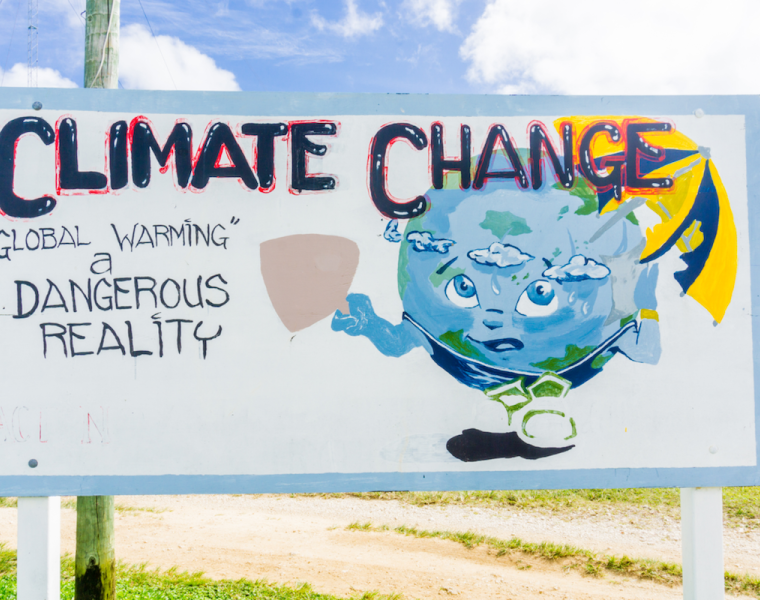Climate impact on Tourism & Recreation in the Netherlands
In 2023, KNMI published new climate scenarios for the period until 2100. It shows what the Netherlands can expect in terms of climate change: the sea level will continue to rise, there will be more heavy showers (it will be wetter), it will also become warmer and drier and there will be fewer frosts and more tropical days. These KNMI climate scenarios have not yet been translated into tourism. There are local translations, such as in Zeeland, but for most of tourist Holland, climate adaptation is still a blind spot. This applies to both the public and private sides of the sector. Where mitigation is (sometimes) deployed, no broad sectoral discussion on climate adaptation takes place yet.
Objective
This project should lead to action perspectives among all stakeholders in the hospitality domain. KNMI has used the latest climate scenario research to provide insight into the bandwidth of that change. By translating these scenarios and making them relevant to the tourism sector, we are creating the basis for:
- More knowledge on climate change impact on T&R;
- More demand for in-depth insights and action perspectives;
- More action aimed at preparing T&R sector for climate change.
NBTC, WUR and CELTH are jointly working on a tourism translation of the KNMI Climate Scenarios on the basis of which we will enter into discussions with entrepreneurs, industry associations, DMOs and governments about the impact and consequences.
Approach
Based on currently known insights, an outline of the impact of climate on the hospitality domain is made. The KNMI Climate Scenarios, desk research and knowledge files will be used for this phase. In this first phase, we translate the existing KNMI scenarios into three ‘snapshots’ of what tourism in the Netherlands will look like in 2030/2050. These snapshots will form the basis for discussions with entrepreneurs and governments regarding their role in adapting to the new situation: both probability- and risk-oriented. Together, these insights form the basis for the initial exploration. Whereas phase 1 focuses on providing insight into what is currently there, with the aim of identifying the urgency, phase 2 focuses on gathering knowledge and insights from stakeholders in order to actually be able to take the next step and provide support (phase 3). In the third phase, each sector/region combination will further elaborate on what a future-oriented approach might be.
Partners
- Nederlands Bureau voor Toerisme en Congressen
- Wageningen University & Research
- NHL Stenden Hogeschool
- Breda University of Applied Sciences
- Rijksuniversiteit Groningen
- HZ University of Applied Sciences
Project Team
- Anke Arts (NHL Stenden / ETFI)
- Ewout Versloot (NBTC)
- Elena Cavagnaro (NHL Stenden)
- Eke Eijgelaar (Buas/CSTT)
- Tim Huiskens (RUG)
- Diana Korteweg Maris (HZ Kenniscentrum Kusttoerisme)
- Bas Amelung (WUR)
Planning
October 2024 – April 2025
Status
Ongoing



